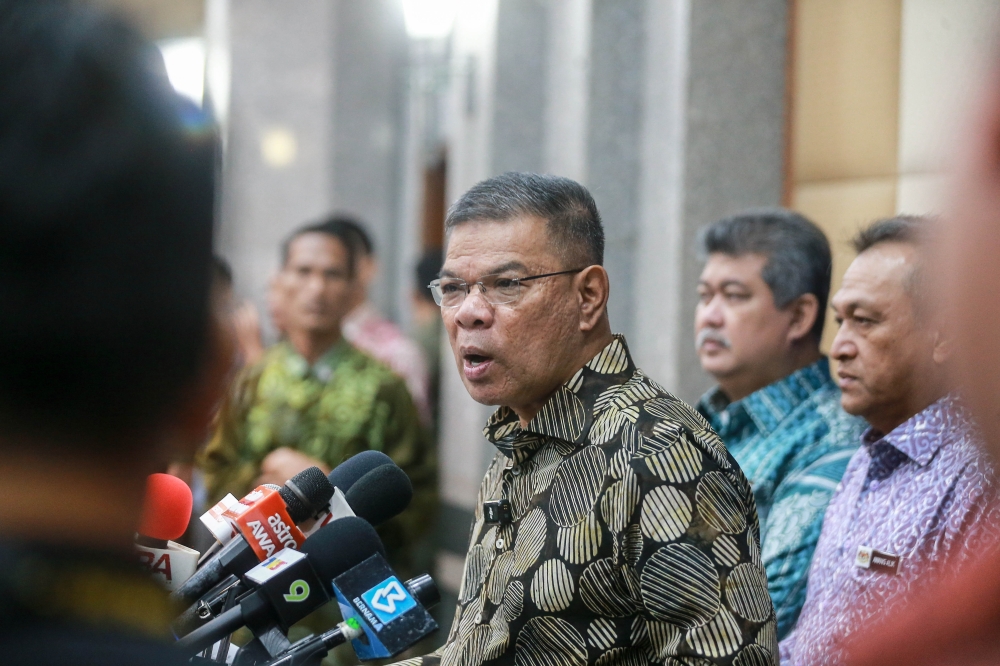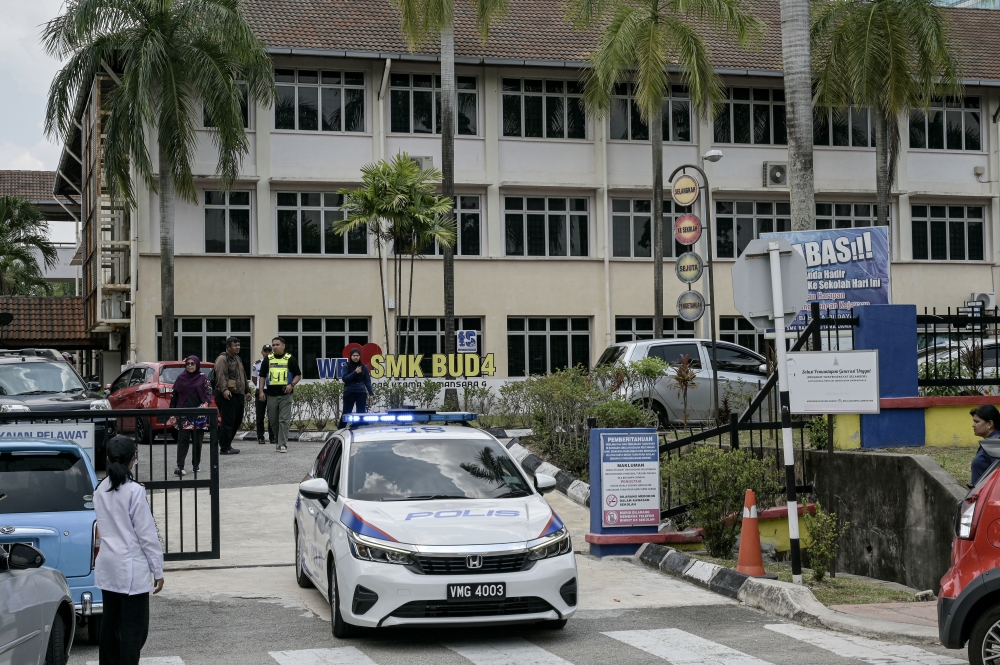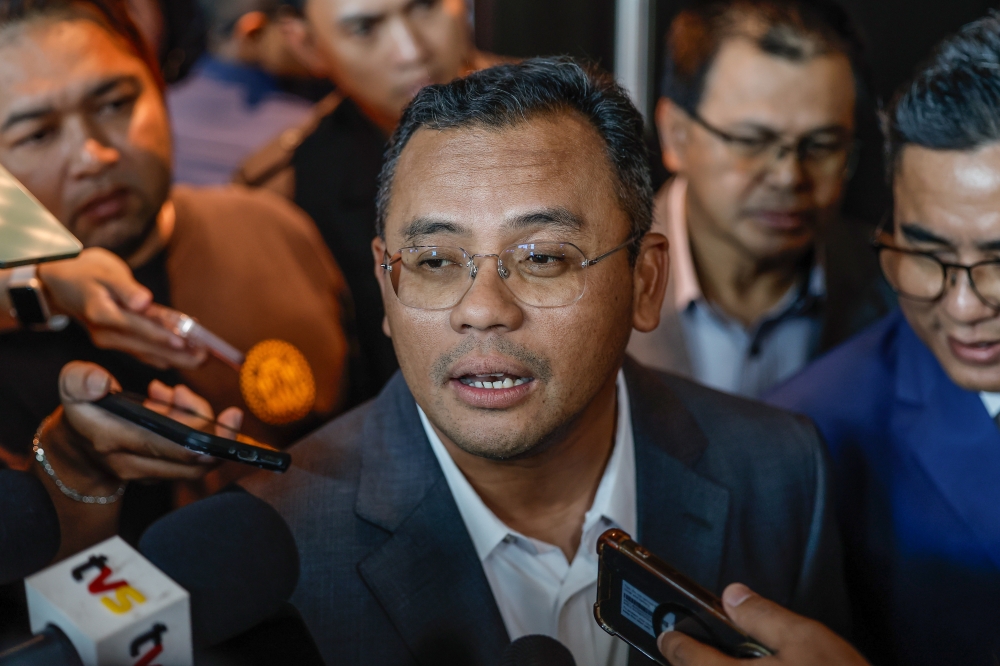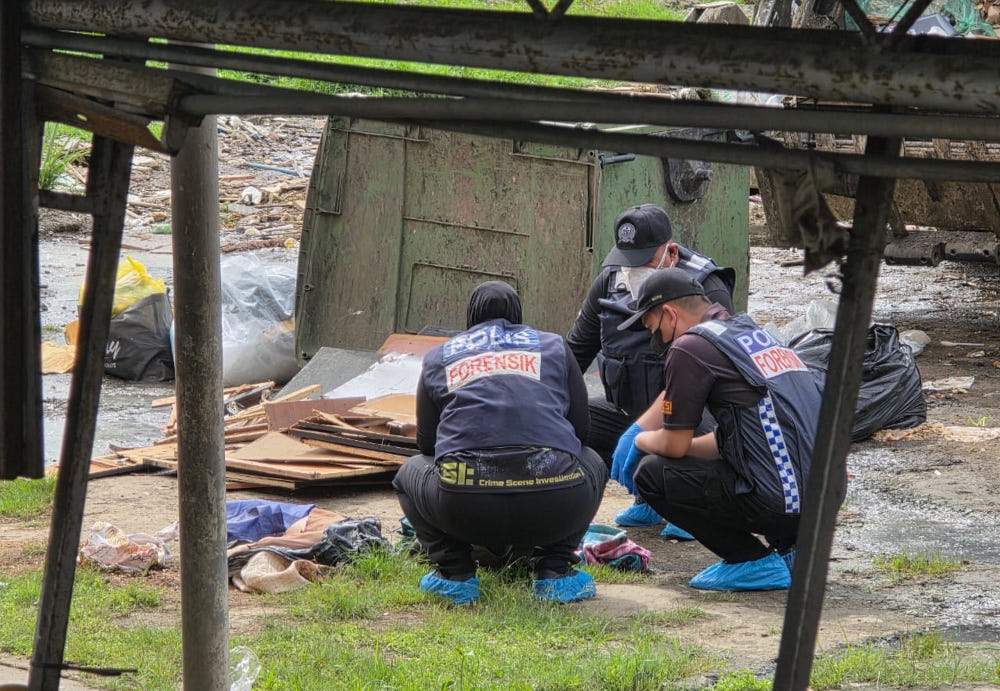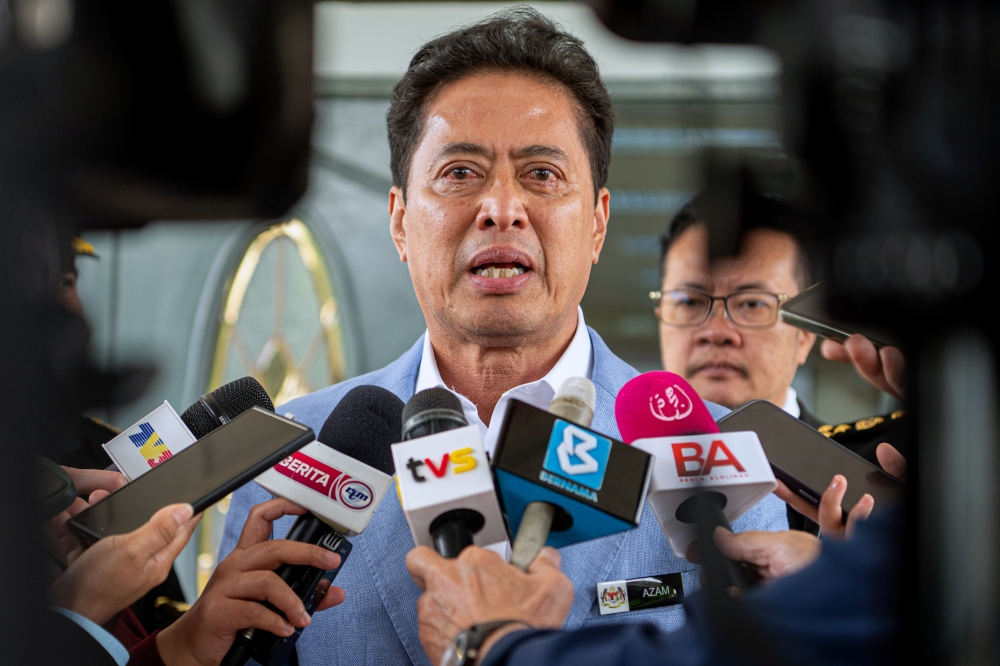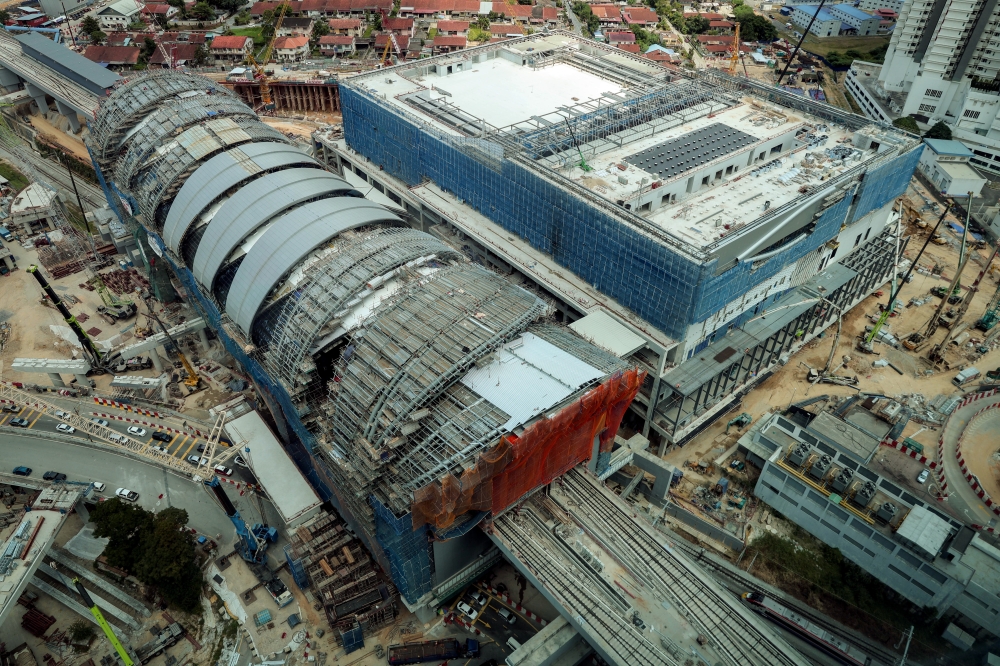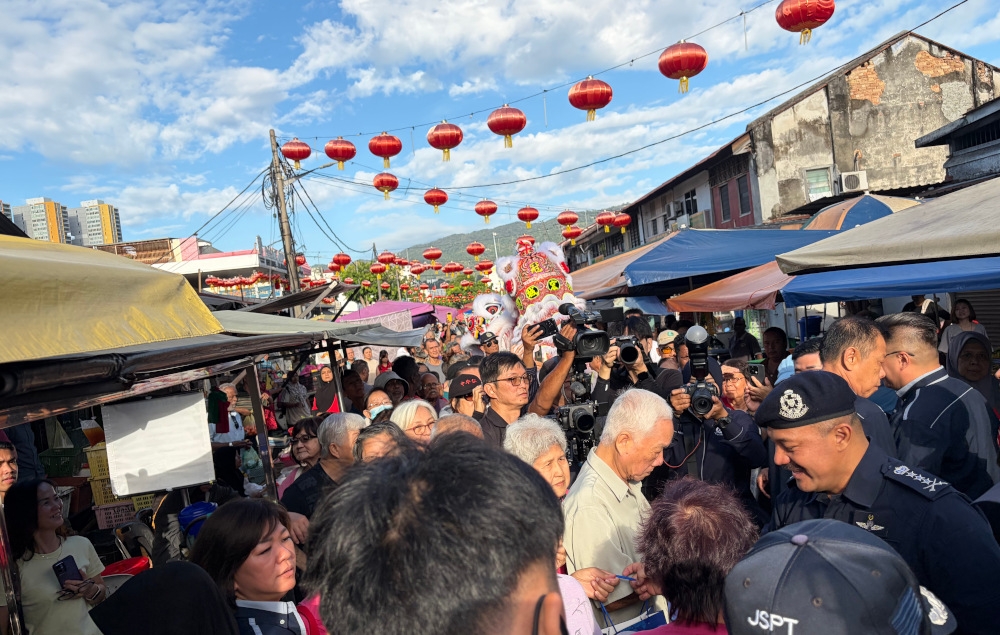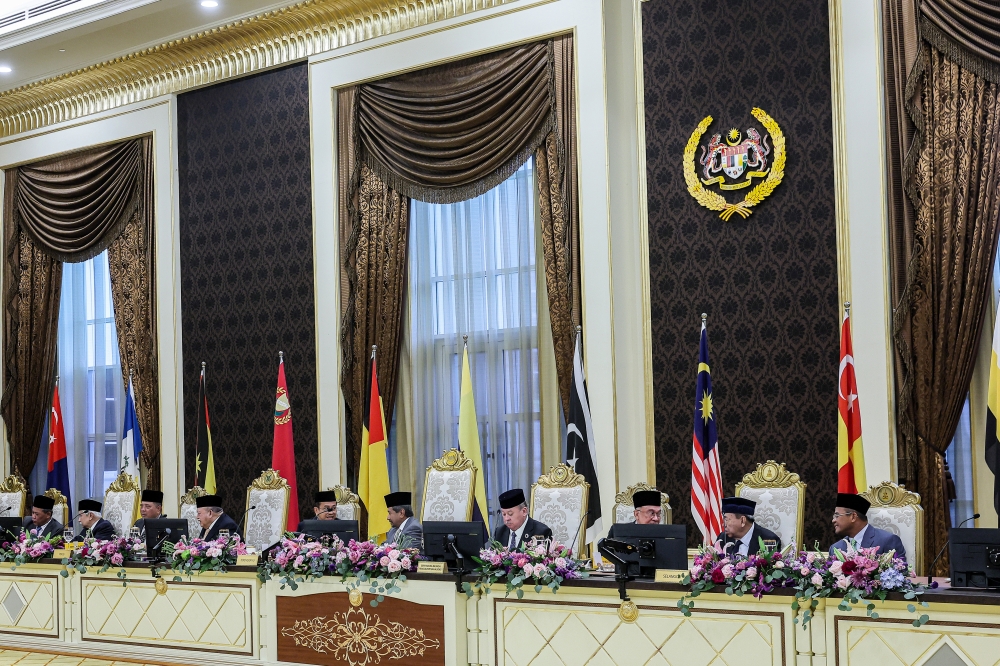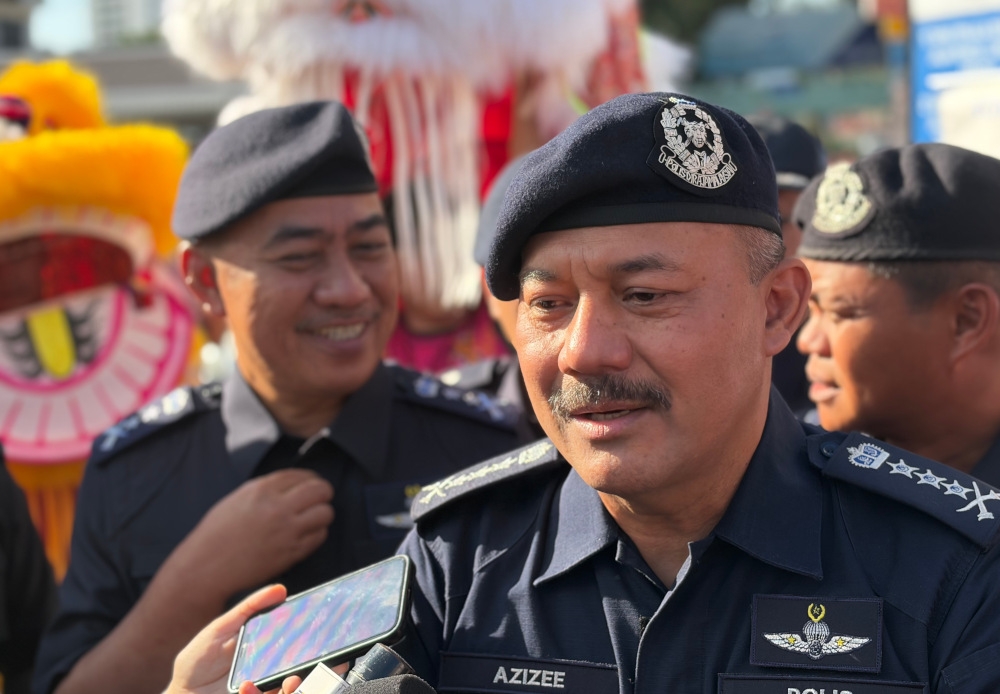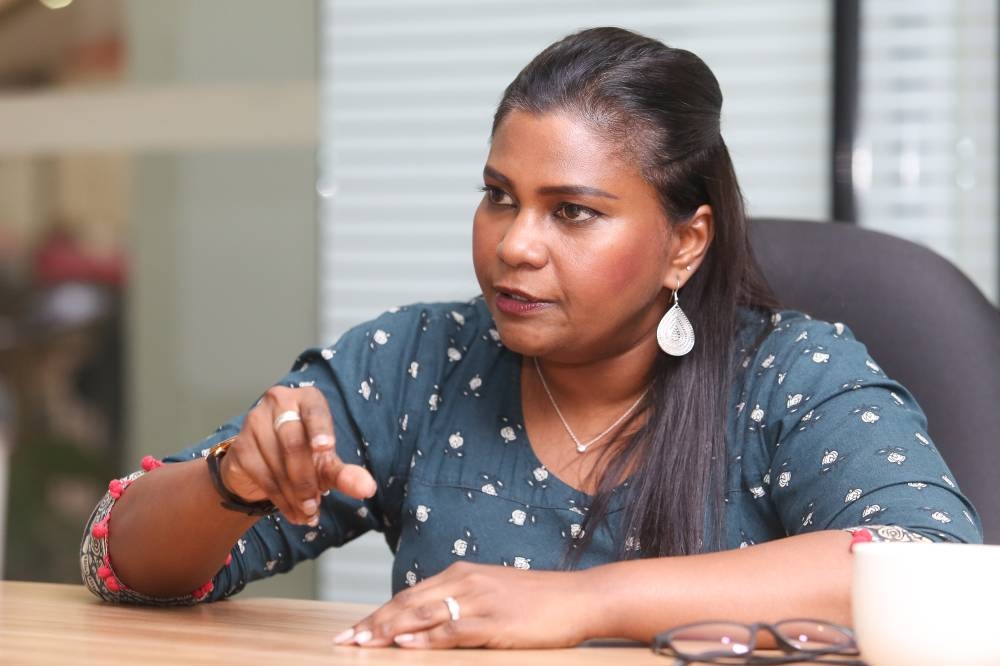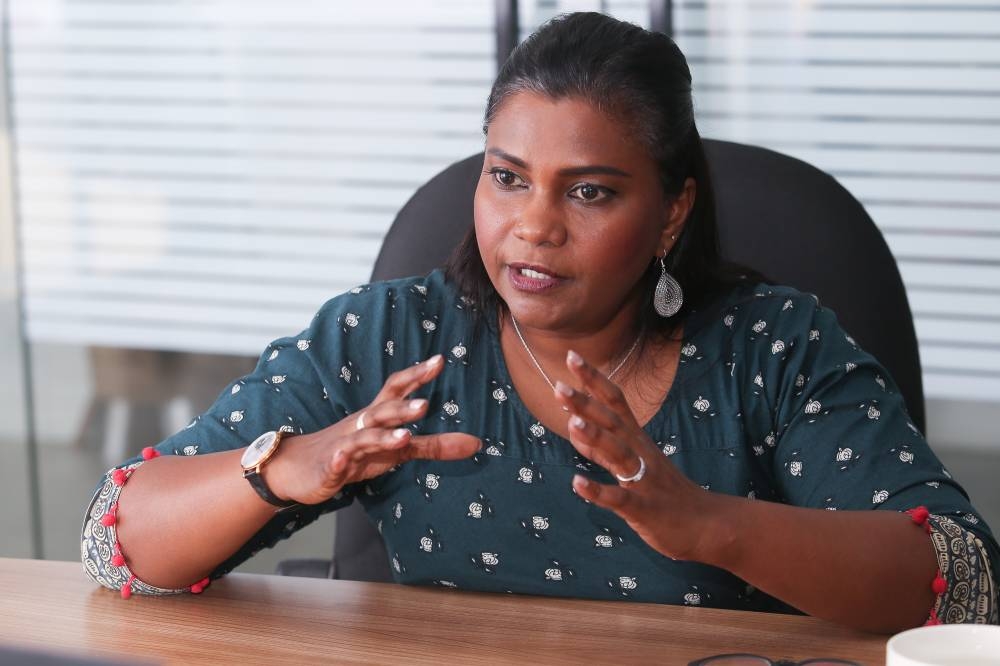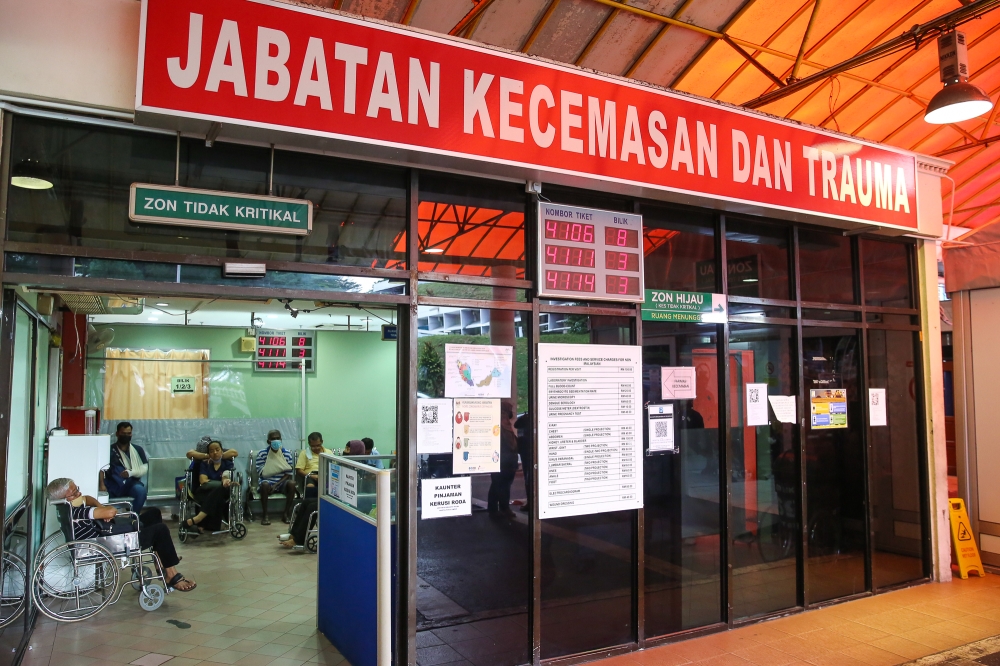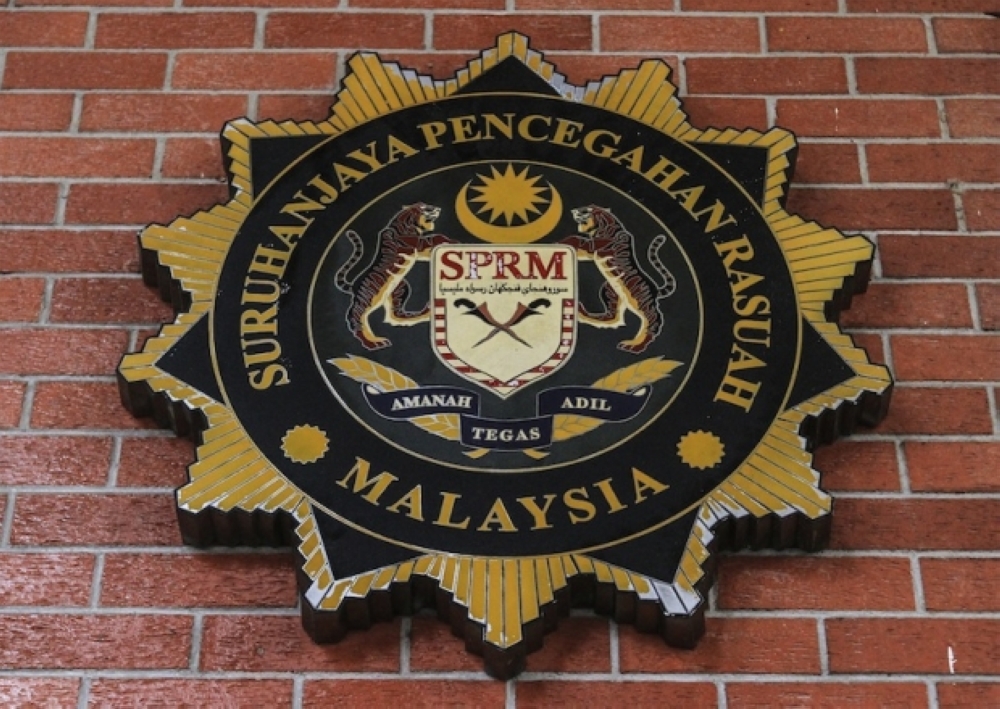KUALA LUMPUR, June 16 — The Malaysian Parliament has a long way to go before it can truly claim to be a world-class institution, Batu Kawan MP Kasthuriraani Patto said.
In an interview with Malay Mail recently, the two-term DAP MP said that the way business is run in the August House leaves much to be desired.
She therefore proposed several suggestions to improve checks and balances and to strengthen the Lower House’s role as an independent entity.
At the top of Kasthuri’s list are: the Dewan Rakyat allocating more days to meet; the formation of a special committee to scrutinise the appointment of ambassadors and heads of government-linked companies (GLCs); and the introduction of a prime minister’s question time.
“Malaysia is a country that has one of the lowest number of days that Parliament sits,” she said, adding that the British Parliament, which also follows the same Westminster system as Malaysia, sits for more than 150 days a year.
“That is half a year when the MPs are in Parliament. In Malaysia, we average around 70 over days, 80 maximum. When you convene three times a year, it means that all these Bills that don’t make it to any of the three sittings will be deferred to the next year. As opposed to when you sit more frequently, they can be deferred to the subsequent sitting. You can finish it,” she said.
Less emphasis on quorum
Kasthuri also called for greater political education for the public via a “soft” approach, whereby the media runs a regular “Did You Know” segment on parliamentary matters such as the number of days meetings are held and policies passed or blocked.
She added that the media should not focus on the quorum in the Dewan Rakyat, and called for a shift in the current arrangement, to emulate that of the United Kingdom.
“Have you seen some of the debates in the UK Parliament? There are like five people sitting in the chamber. They have over 600 MPs, and there will be five people: The minister to answer, maybe another minister to sit alongside, the MP asking questions, and another one or two MPs who have an interest in the issues raised. That’s it. You see a full house if it is a national issue,” she said.
According to Malaysia’s Parliament rules, there must be a minimum of 26 MPs in the 222-seat Dewan Rakyat for proceedings to be held, and several times in the past, the proceedings were halted owing to a lack of quorum.
Kasthuri said the rule must change, as MPs in Parliament also multi-task, mostly meeting up with stakeholders over certain issues, associations and NGOs during sitting days.
Televise ambassador and GLC appointments
On the appointment of ambassadors and GLC heads, Kasthuri stressed that an added layer of scrutiny by Parliament is needed to ensure those selected are credible.
“In other countries, their select committee meetings are broadcasted. In Brazil, the appointment of ambassadors is broadcasted. Everybody can see who the person is sitting there to be interviewed by the select committee on appointments, or foreign affairs, or whichever select committee that is involved in the appointment of an ambassador.
“This is because you are appointing someone as an ambassador, not a mere political adviser. Ambassador means that the watikah (appointment order) is from the Yang di-Pertuan Agong,” she said, adding that it is not right to only have the prime minister appoint a candidate of his choice, without scrutiny, as it involves taxpayers’ money and the nation’s image.
“Yes, the prime minister appoints and it goes through a parliamentary select committee. I think there should be a broadcast too. But not just ambassadors.
“We should also extend that to GLC appointments because the man in the street doesn’t care about ambassador appointments. It does not disrupt his life but GLC appointments, like for Tenaga Nasional Berhad (TNB), Telekom, Petronas, Khazanah, all these have some impact.
“There has to be greater transparency, but it must be paired with political education and we have to come to a stage where people see that we have a problem in Parliament and in the system,” she added.
PM at the dispatch box
She said this was crucial as the people will get jaded when the same lawmakers raise the issue of problems in Parliament.
“We must also have a prime minister’s question time. We mooted it, but did not institutionalise it. Yes, I want that,” she said, adding that it is important to have the head of government directly answer questions on pressing matters and important policies.
During the interview, Kasthuri also broached the subject of whether the prime minister should have an office in the Parliament building.
“This idea can be challenged, but I think it should be open for discussion. Should the executive have an office in Parliament? As an executive? This is because Parliament is an entity by itself. We are above partisan politics. We are above political politics. The prime minister and his deputy should not have an office in the Parliament block.
“How does that augur with the independence of the parliamentary institution, when you have big executives sitting in your compound?
“If Datuk Seri Ismail Sabri Yaakob has an office and it says ‘Bera’, I am OK with that. But should Ismail Sabri have an office that says ‘Perdana Menteri’ in the Parliament compound?” she questioned.
Kasthuri said that she had brought some representatives from France to Parliament for an official visit, and it was during the tour when she was informed that France does not have such allocations for its high-ranking government leaders in its Parliament.
“This is your 10 Downing Street, and this is your Westminster. They are connected, you know? Is that something to think about, or not? This is a conversation.
“Can you have the Prime Minister’s Department in the judiciary? Cannot. Or can you have the judiciary under the Prime Minister’s Department? Cannot. It is an entity in its own right, and cannot have any hidden hands meddling in,” she added.

